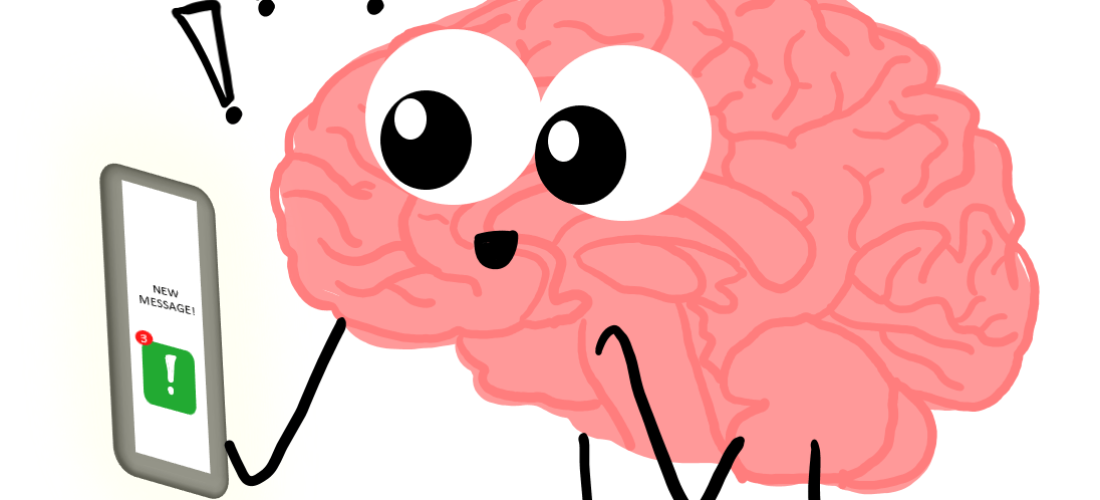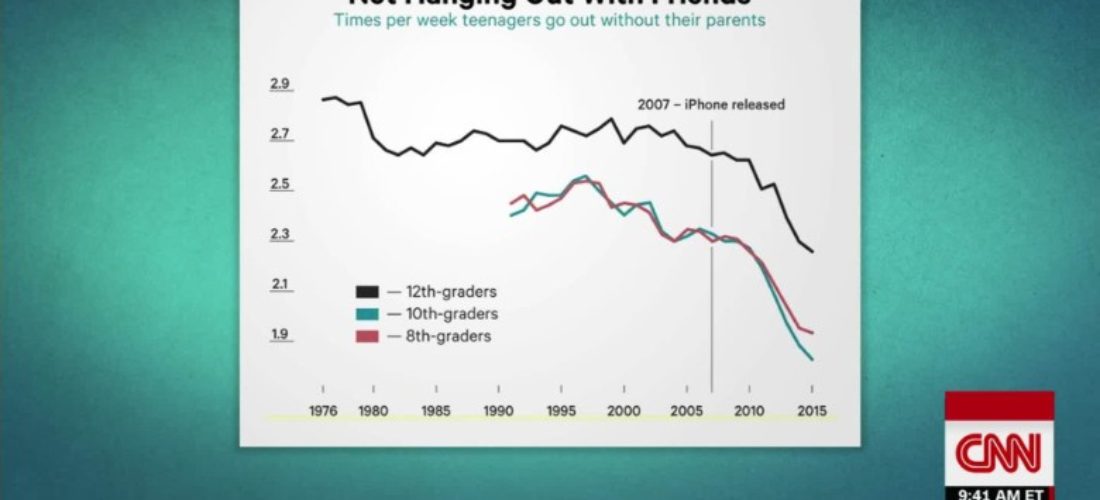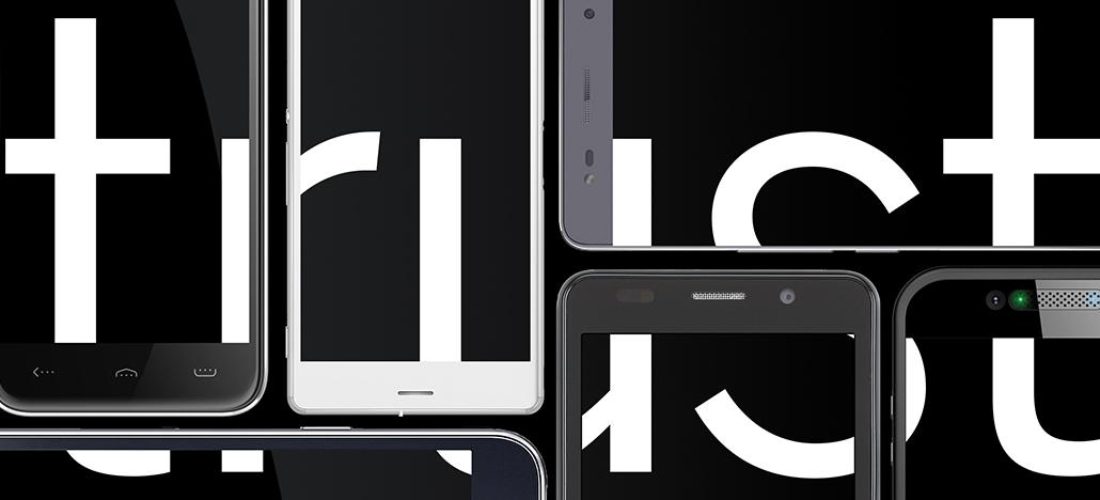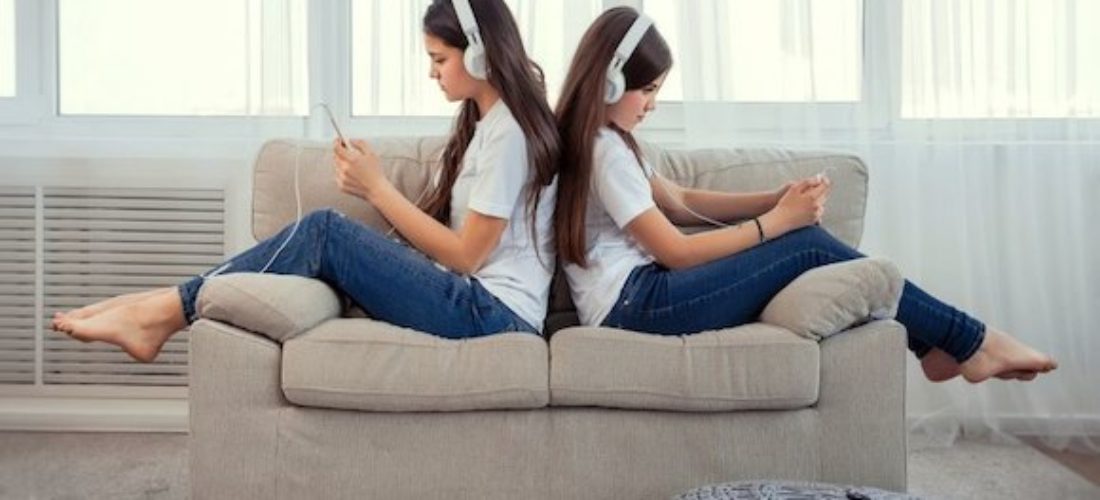“..positive social stimuli will similarly result in a release of dopamine, reinforcing whatever behavior preceded it. Cognitive neuroscientists have shown that rewarding social stimuli—laughing faces, positive recognition by our peers, messages from loved ones—activate the same dopaminergic reward pathways. Smartphones have provided us with a virtually unlimited supply of social stimuli, both positive and negative. Every notification, whether it’s a text message, a “like” on Instagram, or a Facebook notification, has the potential to be a positive social stimulus and dopamine influx.”
Click here to view original source Dopamine, Smartphones & You: A battle for your time




